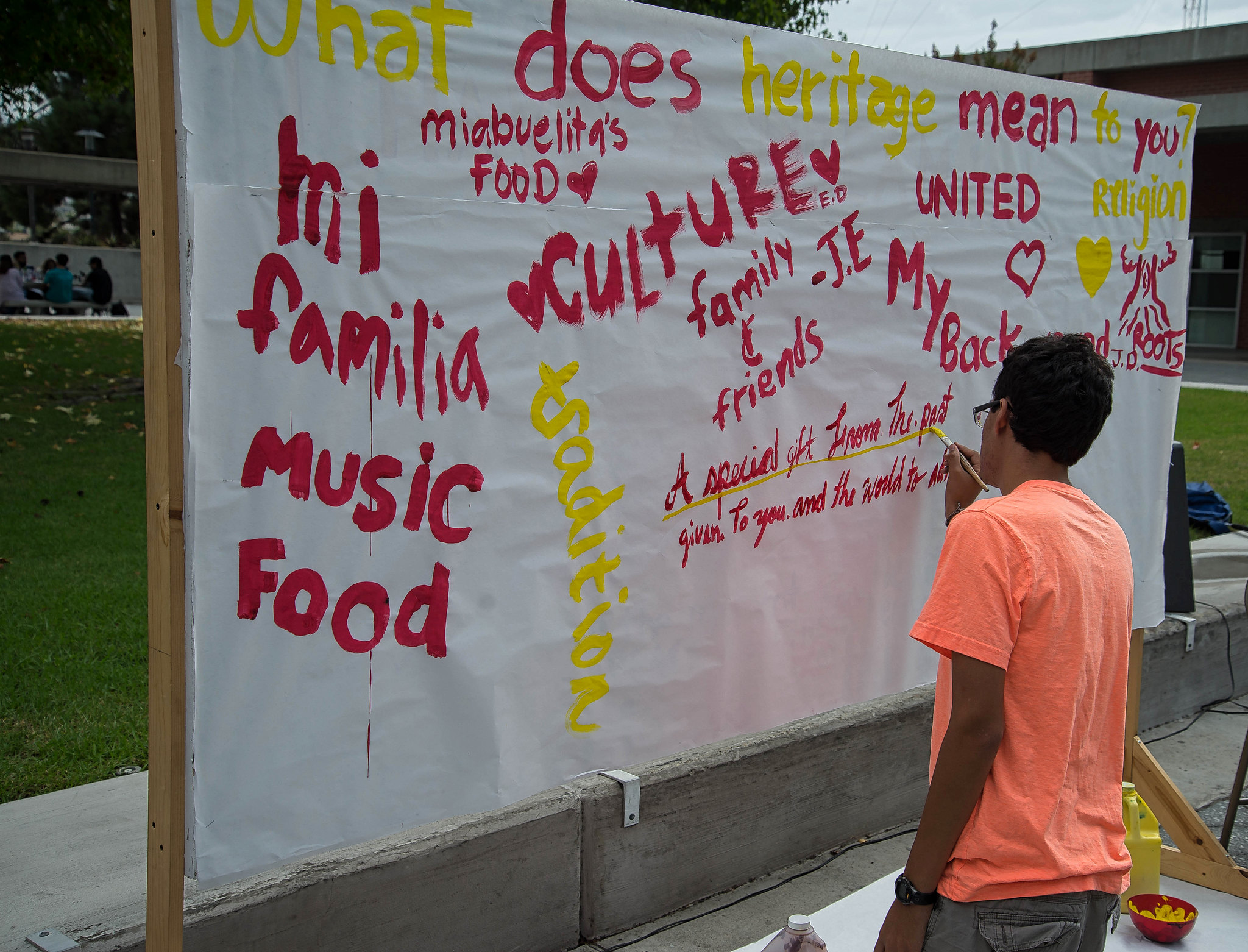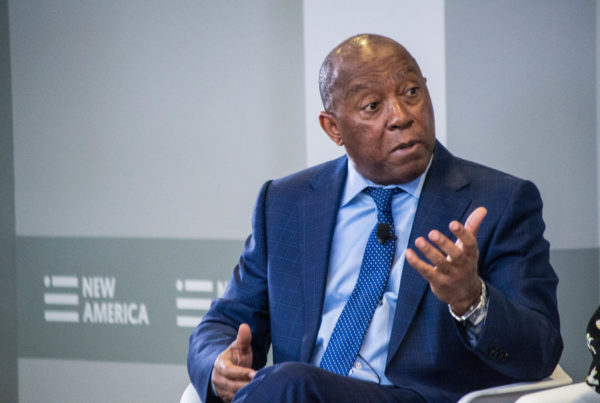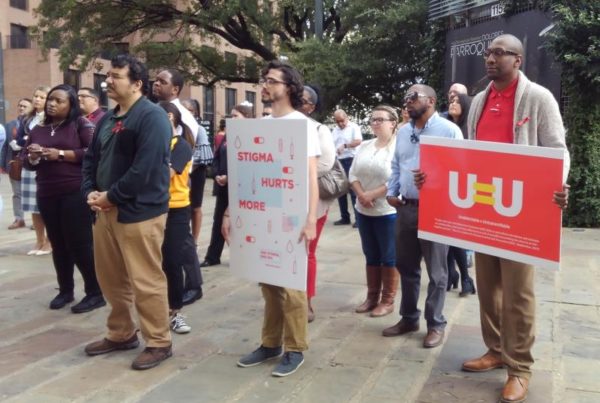Soon, Latinos will make up 40% of Texas’ population. But it’s not a monolithic group; it’s as diverse as the rest of America. And how we talk about that group matters. Some use “Latino” as a catchall term, while others prefer to specify by gender, in which case “Latina” is sometimes more appropriate. But what about the increasingly popular term “Latinx”?
Nicole Guidotti-Hernández is a fellow at the Charles Warren Center at Harvard University and professor of Latinx Studies at Emory University. She says people started using Latinx at the turn of the century, but its roots go back to the 1960s.
“It’s a different iteration coming out of ethnic studies and social protest movements,” Guidotti-Hernández says.
She says Mexican-American activists started using the terms “Chicano” and “Chicana” to identify themselves back then, and some added an “X” as a nod to indigenous people.
Later came the Latino/Latina movement in the 1990s, when Chicanos and other groups with Latin American origins “band[ed] together,” Guidotti-Hernández says. Latinx officially came about in the 2000s when Millennials started questioning gender conventions and the meaning of whiteness in the Latino community.
“They’re very invested in … attacking the question of whiteness and racism that is anti-black, anti-Asian and anti-indigenous within Latino communities,” Guidotti-Hernández says.
The “X” became the way they expressed that dissent.
Guidotti-Hernández says the goal is not to prescribe a fixed term to certain people, but to “make space for everyone to feel like they’re accounted for in public life, in visual culture, in the day to day.”
While Latinx is often affiliated with cultural-political movements, she says using the term doesn’t mean someone is necessarily making a political statement.
“I think that the term is flexible enough,” Guidotti-Hernández says. “If you call yourself a Democrat or Republican or an Independent, those are flexible categories, too.”
Overall, she says the use of Latinx is a positive change; she’s noticed it has empowered her students, especially those with disabilities and immigrants with indigenous heritage.
“I think it provides a lot of new pathways for people that were never in the conversation before to be visible and feel like full political actors,” Guidotti-Hernández says.
Critics who reject the use of Latinx argue that it doesn’t make sense, linguistically. But Guidotti-Hernández says words have been created before to describe ethnicity. “Hispanic” is one example.
“Most people don’t know that the Nixon administration developed the term ‘Hispanic’ as a way to identify non-white people for the census,” Guidotti-Hernández says.
Listen to the full story in the player above.
Written by Caroline Covington.















